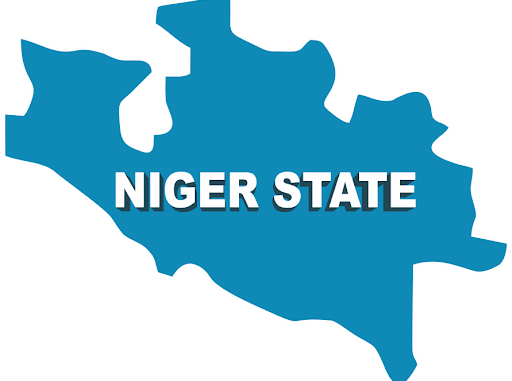Suleja, a city in Niger State, Nigeria, just north of an approximately 40 minutes’ drive to Abuja, is one of the towns not officially recognised by the authorities as a satellite town to the FCT.
Ab initio, as far back as 1987, the Niger State government foresaw the problem that Suleja may face in the future and that is why a town planning firm was engaged to produce a Suleja Master Plan 1987-2006, spanning 25 years.
Before that, in 1979 another planning consortium known as M-Plan was engaged by the FCT authorities at that time when the Abuja Master Plan was also being produced.
At that time, the headquarters of the FCT Administration was sited at the Field Base in Suleja, and M-Plan produced a Master Plan in 1979 which had three scenarios: Suleja to grow independently without outside influence; Suleja to grow as a local government with the influence of the FCT with a projected growth pattern. The Max Locke Master Plan of 1987 had used the M-Plan plan as a benchmark for its own 1987 plan.
Bike snatcher burnt to death in Suleja
Census 2023: Counting who for what purpose?
But by 2006, the plan had become obsolete and needed to be reviewed. And the Abuja Master Plan had taken into consideration the influence of the satellite towns and said planning must be done in conjunction with these neighbouring towns. These are called Imperative Joint Planning Districts and the whole of Suleja Emirate comprising Suleja, Tafa and Gurara LGs are within this zone.
Meaning everything that needs to be done in these districts ought to be done in conjunction with the FCT Administration so that a seamless plan will be done without challenges that could affect the FCT.
The Abuja Master Plan is a legal document, the Max Locke Plan for Suleja is also a legal document, however, the Suleja Master Plan needs review, in fact, even before the review it has not been implemented at all.
The failure to implement the Suleja Master Plan is the fault of the Niger State government which has the onus of seeing to its implementation.
Now, taking into consideration the influx of people, the state government should leverage the advantage that Suleja town has with its so many economic benefits.
Presently Suleja LG generates the highest revenue compared to all other LGs in Niger State, and also, the scramble for land in Suleja has driven up land values that are higher than anywhere in the state. Unfortunately, this huge advantage is not being utilized.
If one looks at the major road that passes through Suleja, it is long overdue for dualisation because the traffic congestion during peak hours is alarming.
Happily, the governor-elect of Niger State has promised to dualise that road, but so many areas in Suleja need to be upgraded which calls for urban renewal because in actual fact everywhere in Suleja has turned into a market.
The IBB market in Suleja is over-congested, in fact a new market is required. The prices of goods at the market are very competitive as could be seen on weekends. And parking areas around the market are grossly inadequate.
Therefore, in order to harness the commercial benefit of the town, there should be urgent urban renewal; so many land uses need to be re-arranged, so a consultant should be engaged to study and advise on how to reap these benefits.
So many people working in the FCT live in Suleja but unfortunately their taxes, which ought to be deducted in Niger State, is done in the FCT.
The services provided for them and their families are in Niger but they are taxed in FCT, so such tax should be repatriated to Niger State. I understand it has been approved but not yet implemented. This is also a challenge.
The Niger State government, Suleja local government, the National Assembly and House of Assembly members representing Suleja, ought to be more alive to their responsibilities regarding Suleja. They have to be more focused, so that together we all should have the capacity to surmount all these challenges and harness all the benefits.
Umar Shuaibu, a town planner, is the Coordinator, Abuja Metropolitan Management Council (AMMC)

 Join Daily Trust WhatsApp Community For Quick Access To News and Happenings Around You.
Join Daily Trust WhatsApp Community For Quick Access To News and Happenings Around You.

